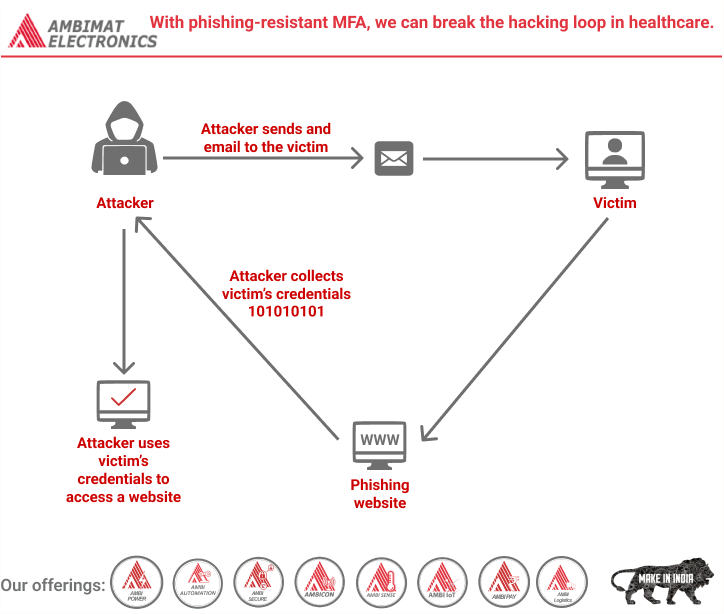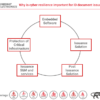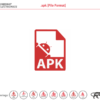Dear Readers,
Cybercriminals seeking sensitive patient data have increasingly targeted the healthcare sector in recent years. One of the most common techniques used to gain unauthorized access to this data is phishing attacks, in which individuals are tricked into revealing their credentials and other personal information.
Unfortunately, due to many variables such as B. High staff turnover and large numbers of employees with access to sensitive data are particularly vulnerable to these attacks. Therefore, healthcare organizations must implement robust security measures to protect against such threats.
Using multi-factor authentication is one of the best ways to stop phishing attempts (MFA). Users using the MFA security system must provide two or more forms of identification before access is granted. This can be either a password, smart card, or fingerprint. Healthcare organizations can use multi-factor authentication (MFA) as a security mechanism to ensure that even if hackers are able to obtain user credentials through phishing attacks, they cannot access sensitive data.
However, not all MFA strategies are created equal. In many of his MFA solutions, the second identification is often provided by a single component such as her SMS or email. Nonetheless, these processes are still vulnerable to phishing attacks.
Healthcare organizations should use phishing-resistant MFA systems to successfully thwart phishing attacks. One way to do this is with hardware-based tools that resist hacker replication, such as: B. A smart card or USB token. These methods require physical access to the token in addition to the user’s password, making them much more secure than their software-based counterparts.
By installing a phishing-resistant MFA solution like the AmbiSecure USBKey, healthcare facilities can break the hacking cycle and protect sensitive patient data from attackers. With the growing threat of cyber-attacks in healthcare, organizations must proactively protect data and ensure patient safety and privacy.
About Ambimat Electronics:
With design experience of close to 4 decades of excellence, world-class talent, and innovative breakthroughs, Ambimat Electronics is a single-stop solution enabler to Leading PSUs, private sector companies, and start-ups to deliver design capabilities and develop manufacturing capabilities in various industries and markets. AmbiIoT design services have helped develop Smartwatches, Smart homes, Medicals, Robotics, Retail, Pubs and brewery, Security.
Ambimat Electronics has come a long way to become one of India’s leading IoT(Internet of things) product designers and manufacturers today. We present below some of our solutions that can be implemented and parameterized according to specific business needs. AmbiPay, AmbiPower, AmbiCon, AmbiSecure, AmbiSense, AmbiAutomation.
To know more about us or what Ambimat does, we invite you to follow us on LinkedIn or visit our website




